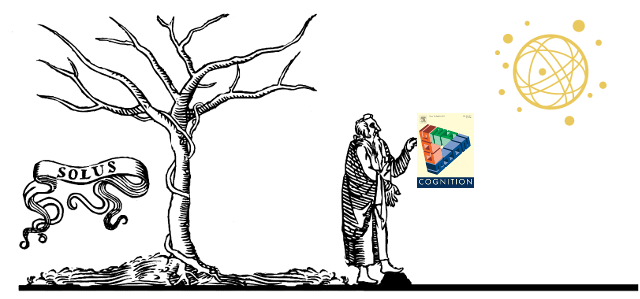Almost fifty years ago, Daniel Kahneman and Amos Tversky conducted their seminal studies on economic decision making, for which Kahneman later won the Nobel prize in economics. Their main message was simple: When it comes to matters of money, people make irrational choices based on gut feelings and intuitions; and these choices are not always in their own best interests.
We now live in the aftermath of the European debt crisis. The core of the eurocrisis was that several European member states were no longer able to finance their government debt; that is, countries like Greece (for whom the crisis is still far from over) had borrowed so much money, mostly from other European member states, that they could no longer pay the interest on these debts.
The way that the European Union (EU) has responded to the eurocrisis is a great example of the irrational economic decisions that Kahneman and Tversky demonstrated fifty years earlier. But on a massive scale—whereas Kahneman and Tversky studied the behavior of individuals, the eurocrisis showed how even economic decisions that affect an entire continent are based on gut feelings and flawed intuitions.
I'm not an economist. And I won't pretend to understand all the factors that played a role in the eurocrisis. But I do think it's useful to look at the eurocrisis with a few basic principles from psychology and economics in mind1. My goal here is to, by doing so, provide a coherent (though obviously very incomplete) answer to …






